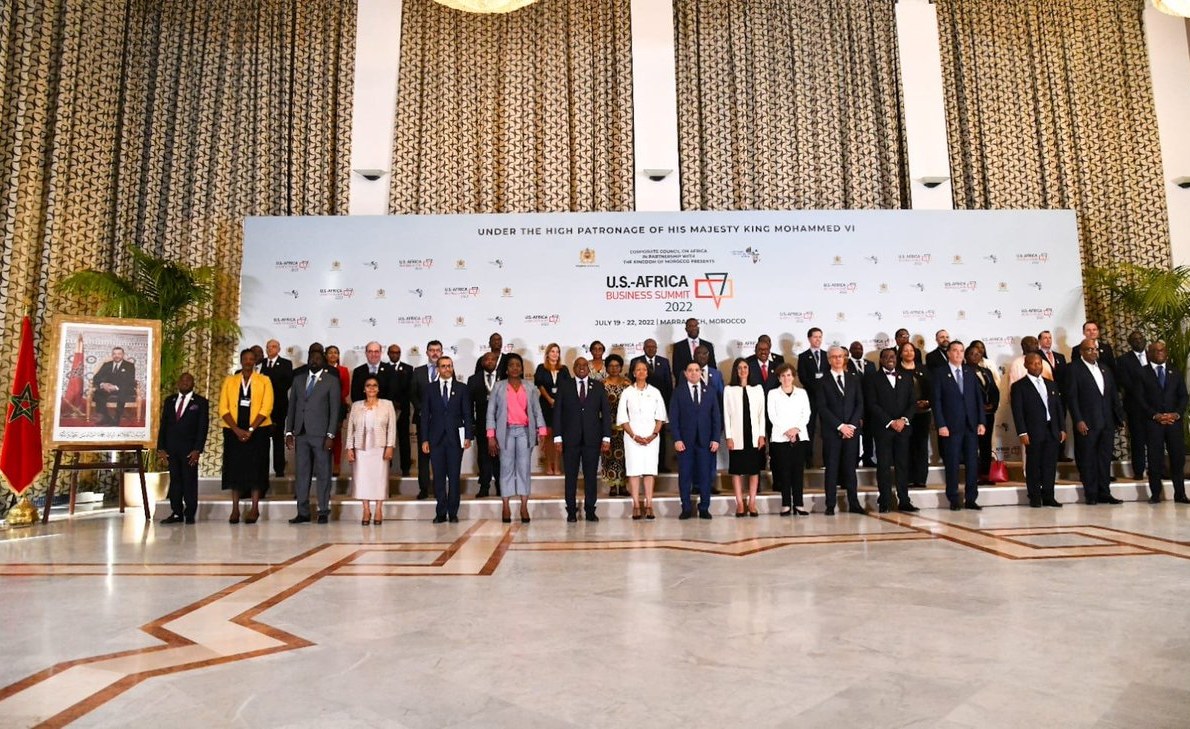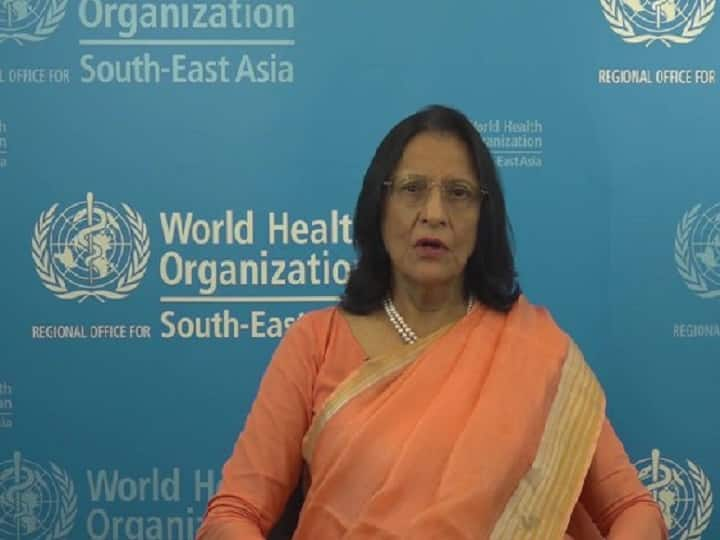[ad_1]
Monrovia — The United Nations Population Fund (UNFPA) office in Liberia, celebrating population day, has projected that the world population could reach eight billion people in November.
This year’s population day falls under the theme: A World of 8 billion: Towards a resilient for all – Harnessing Opportunities and Ensuring Rights and Choices for All.
Giving the overview, the UNFPA Country Representative to Liberia, Ms. Bidisha Pillai, said the eight billion people would attract much attention and debate and most likely scaremongering over too many people.
Ms. Pillai revealed that focusing only on the population number and growth rates can often lead to coercive and count-productive measures and the eroding of human rights.
Ms. Pillai recognized that the acts of preventing women from making decisions over their reproductive rights are capable of eroding progress made.
Said Ms. Pillai, “For example, to women being pressured to have more children or prevented from so. If it can deepen already acute inequalities, such as through policies shutting down reproductive health care or denying adequate pensions for the elderly, further the marginalizing the most disenfranchised.”
Ms. Pillai explained that UNFPA’s mandate is to work with stakeholders to collectively champion the right toward ending preventable maternity deaths, ending the unmet needs for family planning, and ending gender-based violence and harmful practices.
She said that as Liberia approaches the 2022 national population and housing census, there are need to keep adequate records which would help track the present size of the population and help give the spatial distribution location among counties and districts.
Accordingly, she said this would enable segmental statistical analysis of the different sectors, ranging from health, education, marriage, and teenage pregnancy, among others that will help people make informed choices and decisions.
“But implementing this mandate, we really believe that there is a need for strong, credible data and evidence so that are our efforts are better informed on this journey, she said.
“Achieving this democratic resilient is tasked with the commitment of counting not just the numbers or statistics but also looking at measuring the opportunities and barriers that stand the way of progression”, She said.
Adding, “This means that, we have to look at discriminating laws, traditional believes and practices which might give us the chance to progress or might stand in the way.”
Making a special statement, Deputy Minister for Research and Planning at the Ministry of Health, A. Vaifee Tulay said, as the world reaches eight billion, it is a moment for reflection and time for countries to take stock and drop action no matter the direction.
Minister Tulay said that as the world anticipates eight billion, people could be reminded that the value of humanity is not divided, stating that every person should benefit from a just and prosperous world.
Minister Tulay explained that as Liberia approaches national elections in 2023, there is need to have updated data of the country.
“As we enter the age of eight billion, Liberia needs to flow with new dispensation. The 2022 census is therefore not about counting people but will also provide data for planning and empowering people.”
“We need to know the number that measure our progress. That is while Liberia needs to keep on track with its ongoing process for the conduct of the national population and housing census in October.”
Making a brief remark, the British Ambassador to Liberia, Neil Bradley said how countries manage the demographic change will determine their prospects.
Amb Bradley, however, said that rapid rise in populations risk resources stress, mass unemployment and civil unrest.
According to him, Sub-Saharan population is growing at unprecedented rate due to improve health outcomes and persistent fertility rates.
Said Amb Bradley, “But with the necessary political will and policies. Sub-Saharan can undergo a successful demographic transition and evolution from high to low mortality and fertility rates, with associated changes in age and structure.”
“Counties that are able to exploit the potential of increasing their working population will be better positioned to drive growth and sustainable development more quickly, and reap the rewards of the demographic dividend.”
Also marking a remark, U.S Agency for International Development (USAID) Mission Director, Jim Wright said as the world celebrates World Population Day, people should be reminded of the need to focus on and find solution to the many problems that are caused or exacerbated by increased population growth.
Said Mr. Wright, “Many people need more resources to survive. Consumption of more resources means more stress on the environment, more deforestation, and more biodiversity loss, with potentially negative consequences for the effort to combat climate change.”
According to him, USAID has made significant investments in women and girls to family planning, promoting gender equality and quality maternal health care which have enabled families to plan and better care for future generations.
“With support from community health workers and local health clinics, young people can avoid unintended pregnancies, as well as unwanted diseases, allowing them to stay in schools, enter the workforce and gain more economic opportunities, Amb Wright said.
[ad_2]
Source link















